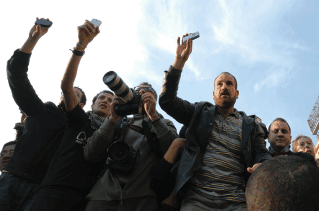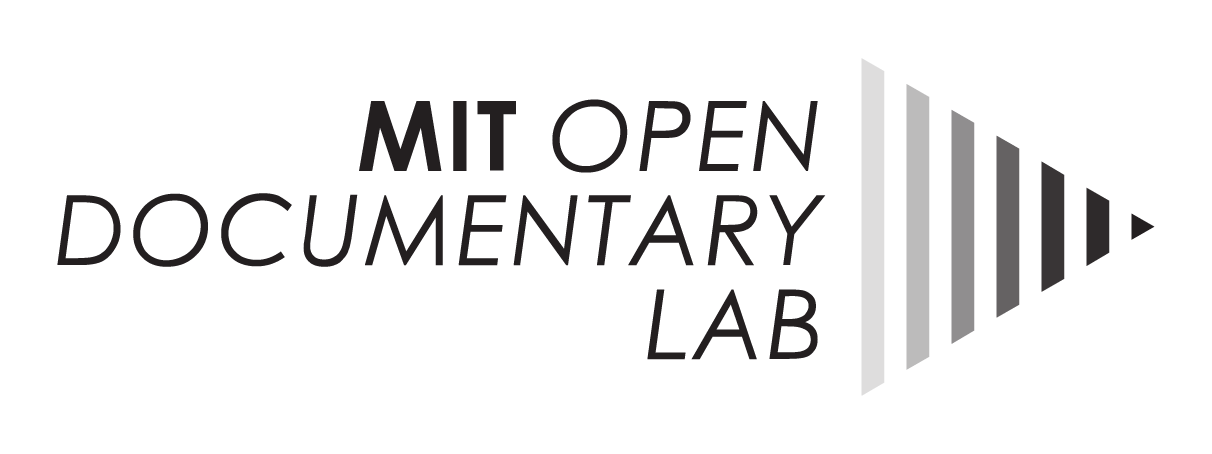
19 Oct Cameras everywhere
WITNESS has just released a full report on video and technology for human rights, arguing that “empowering and protecting activists at the heart of this change and harnessing the power of video and technology to defend human rights, is risky.” The report, Cameras Everywhere, is now available online. More information (from WITNESS press release):
WITNESS’ latest report argues that we have not yet done enough to empower and protect those who attempt to expose injustices through video.
The Cameras Everywhere report calls on technology companies, investors, policymakers and civil society to work together in strengthening the practical and policy environments, as well as the information and communication technologies, used to defend human rights.
Over 40 senior experts and practitioners in technology and human rights, like Marietje Schaake (Member of European Parliament), Bob Boorstin (Director, Public Policy, Google) and danah boyd (Senior Researcher, Microsoft Research), were interviewed on issues of privacy and safety, information authentication and management, network vulnerabilities, ethics and policy. Key findings from the report include:
- Video is increasingly central to human rights work and campaigning. With more human rights video being captured and shared by more people than ever before–often in real-time and using non-secure mobile and networked tools– new skills and systems are needed to optimize lasting human rights impact.
- Technology providers are increasingly intermediaries for human rights activism. They should take a more proactive role in ensuring their tools are secure and integrating human rights concerns into their content and user policies.
- Retaliation against human rights defenders caught on camera is a commonplace, yet it is alarming how little discussion there is about visual privacy. Everyone is discussing and designing for privacy of personal data, but the ability to control one’s personal image is neglected. The human rights community’s long-standing focus on anonymity as an enabler of free expression must now develop a new dimension–the right to visual anonymity.
- New vulnerabilities are emerging due to advanced technologies, like facial recognition, which are often instant, global, networked and beyond the control of any individual.
- With more videos coming directly from a wider range of sources, we must also find ways to rapidly verify such information, to aggregate it in clear and compelling ways and to preserve it for future use.
- Ethical frameworks and guidelines for online content are in their infancy and do not yet explicitly reflect or incorporate human rights standards.
- Neither the United States nor the European Union routinely applies human rights standards in forming internet policies. And intergovernmental organizations, such as the UN, are not yet agile players within the policymaking arena of the internet.
- Meanwhile some governments, notably China, are making headway in both shaping policy against domestic freedom of expression and seeking to influence international standards.
Cameras Everywhere makes a number of critical recommendations to technology companies and investors, policymakers, human rights organizations and funders….As human rights defenders continue to use the power of ubiquitous video to ignite social change, WITNESS is also announcing enhanced initiatives that will address their safety, build their skills and secure greater impact.
- We will actively engage with key technology companies to push for policies and functionalities that better serve human rights activism and freedom of expression.
- Through the WITNESS Labs initiative, we will increase collaboration with technology developers to create innovative tools that support human rights. The first project is the SecureSmartCam–a collaboration with the Guardian Project on the development of a set of mobile apps that enhances control over anonymity and consent and metadata documentation when using mobile video.
- We will develop and distribute accessible training tools to build citizen activists’ skills to shoot, share and circulate video for human rights purposes.



